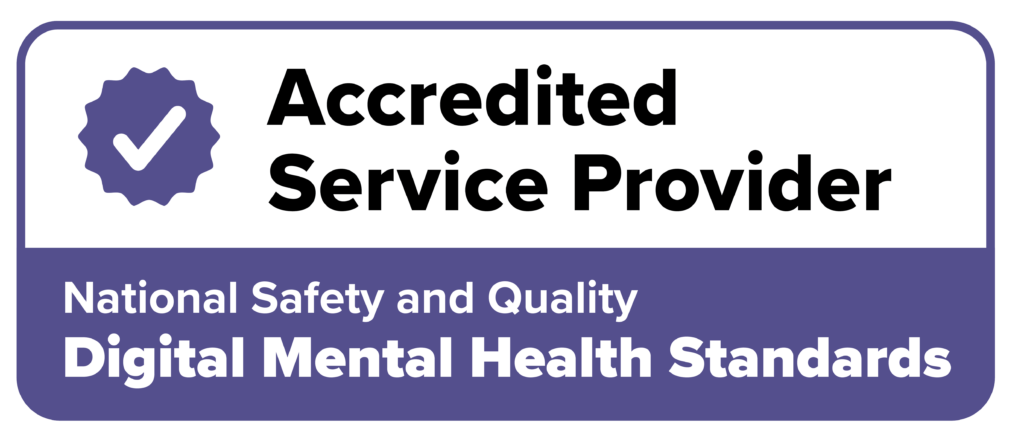Supporting information for trauma survivors
Let’s be honest: No one enjoys going to the dentist. But for people who’ve experienced trauma, the prospect of sitting in a dentist’s chair can be triggering and frightening.
Many people who have experienced adverse childhood experiences, i.e. trauma, avoid the dentist. When I was researching for this article I found lots of reasons to explain why people might avoid going to the dentist.
Dental Trauma
One person had 7 teeth pulled without adequate pain relief. This is because the medication did not work until she had left the dentist’s office. After that she was numb. Understandably this painful experience meant this person had a great fear of dentists.
Another person described living with tooth pain. She had a series of fears around visiting the dentist related to her trauma history. Other people speak of being unable to concentrate at school due to dental pain and being unable to afford treatment. Some adults report having a difficult time with job interviews, meeting new people or smiling because of issues with their teeth.
Furthermore drug use, smoking, poor diet, and excess sugar complicate the potential dental issues – if you experience poverty, household/mortgage stress and homelessness healthy food options can be limited. This makes dental care a low priority.
Researchers have found that children exposed to adverse experiences are more likely to develop tooth decay and gum disease and suffer from conditions such as unfilled cavities, missing teeth and toothache, all of which can have serious implications for overall health.
Chief Executive of the British Dental Health Foundation, Dr Nigel Carter OBE, says the effects of such childhood experiences should remain in the foreground of dental professionals, public health advocates and the government’s social support networks.
“It is important that screening for adverse childhood experiences in dental visits continues to be improved so future research can focus on refining intervention plans and minimising dental health disparities.”
Survivors of childhood trauma and abuse may have DENTAL specific issues:
- Not being able to make and keep dental appointments,
- Stress-related dental problems such as excessive tooth wear and sensitivity,
- High levels of fear, anxiety, nausea, dissociation or flashbacks,
- Headaches, poor sleep patterns, and periodontal disease,
- Feelings of shame around being anxious in the dental chair, having poor oral health, or having someone learn about their childhood trauma
Strategies that can reduce these issues include empowering a patient with some sense of control during a dental procedure, and fostering a feeling of safety in a trusting environment.
I read about one dentist who sits with her patients at their first appointment and asks them about any concerns, fears or phobias. She co-creates a plan to help alleviate their concerns and conducts the treatment with the patient feeling they have some control over the process.
Current new patient information forms ask questions about dental history, medications and current dental concerns. Creating more trauma- informed processes could also include questions about a patient’s emotional state. For example, a series of questions assessing the level of stress a person feels about their appointment. Or asking whether the person experiences anxiety, phobias, or other issues that may impact the dental session?
In discussing fear of dentists or dental phobias we tend to focus on fear of dental treatment, especially of needles and pain. While many survivors of childhood trauma may fear needles and pain, there are often deeper fears and feelings at play:
- Having to lie back or be horizontal.
- Having objects such as instruments and cotton rolls in their mouth.
- Having a dentist’s hand(s) over their mouth and/or nose.
- Fearing they might not be able to breathe, swallow or gagging
- Fearing that the treating dentist may become angry or impatient with them during treatment.
- Fearing an anxiety or panic attack getting out of control, and that they might react in an ‘apparently irrational’ manner which could be embarrassing.
- Feeling vulnerable in the dental chair due to the loss of control needing to lie down invokes.
- Being alone in a room with a person who is perceived socially or professionally to be ‘more powerful or educated’ than oneself.
Trauma-Informed Dentistry
With dentistry this means a patient having some control over the procedure e.g. explaining that it is possible to stop at any time, by simply making a hand signal.
It is also helpful for the dentist to be alert to and tune into the fact that the patient may dissociate. In this case the person may be unable to ask the dentist to stop; the dentist and nurse would need to look for other signals. Changes in breathing changes a rigid body, tears, being easily startled, staring blankly are all SIGNALS that may indicate that a patient is not responding because they are frightened. An understanding dentist would respond by pausing and checking in with the patient.
Dental treatment with sedation can help people who have dental anxieties. However the use of sedation can also raise increased feelings of loss of self-control and helplessness.
This distress may be alleviated by: having a trusted companion in the room, keeping the door open, or inviting the dental nurse to support them if acceptable. Dental doulas are available in some places; they can help and support survivors to access the dental services they need. There are many creative ways that people manage their dental care – if you would like to share your ideas and stories and we would welcome your input.
REFERENCES:
https://tmjtreatment.com.au/childhood-abuse-and-dental-phobia/
http://www.acesconnection.com/topic/trauma-informed-training






